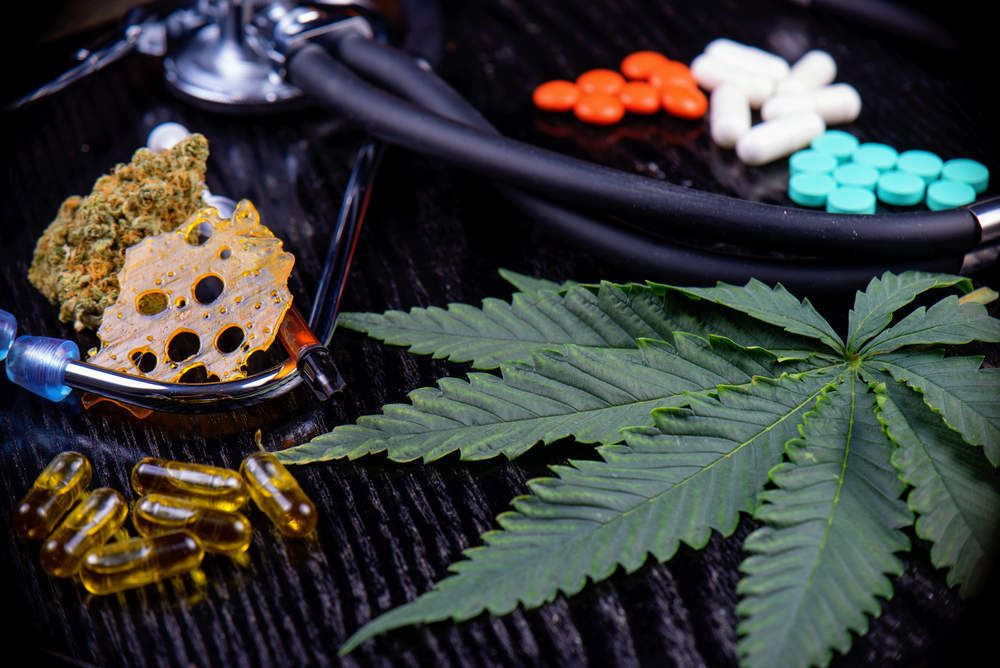After many decades of prohibition doctors in the US now prescribe medical cannabis for a range of conditions, from HIV and Aids, to nausea and vomiting in cancer patients, pain and epilepsy.
However, despite being legal in various US states, cannabis is still illegal at the federal level as a schedule one drug, which means medical research is a lengthy and heavily restricted process.
This has created a landscape in which over 1m people are being prescribed drugs based primarily on anecdotal evidence, due to a lack of robust clinical research.
Cannabis has been prescribed for epilepsy despite a 2016 review stating that conclusions regarding its effectiveness could not be made due to the poor quality of available data.
Clinical studies of cannabis for epilepsy finally being conducted
Reports of cannabis reducing seizures stretch back as far as the 1800s, but there is still no clear consensus regarding its effectiveness in this area.
GW Pharmaceuticals’ Epidiolex consists of a specific cannabinoid extracted directly from the cannabis plant that is suggested to have anticonvulsive properties without producing psychoactive effects.
How well do you really know your competitors?
Access the most comprehensive Company Profiles on the market, powered by GlobalData. Save hours of research. Gain competitive edge.

Thank you!
Your download email will arrive shortly
Not ready to buy yet? Download a free sample
We are confident about the unique quality of our Company Profiles. However, we want you to make the most beneficial decision for your business, so we offer a free sample that you can download by submitting the below form
By GlobalDataIn landmark trials, Epidiolex drastically reduced seizure frequency in patients with Dravet syndrome and Lennox-Gastaut syndrome, which are severe forms of childhood epilepsy.
Dravet syndrome currently has no FDA-approved treatment.
More flexibility required in cannabinoid research legislation
The fact that clinical trials are only now being conducted is testament to the restrictions placed on research, and the limited information clinicians have had to work with when deciding whether to prescribe cannabis.
As there are over 100 known cannabinoids in the cannabis plant, each with specific effects, a clear understanding of the medical benefits will remain elusive without more nuanced legislation to enable meaningful research.







